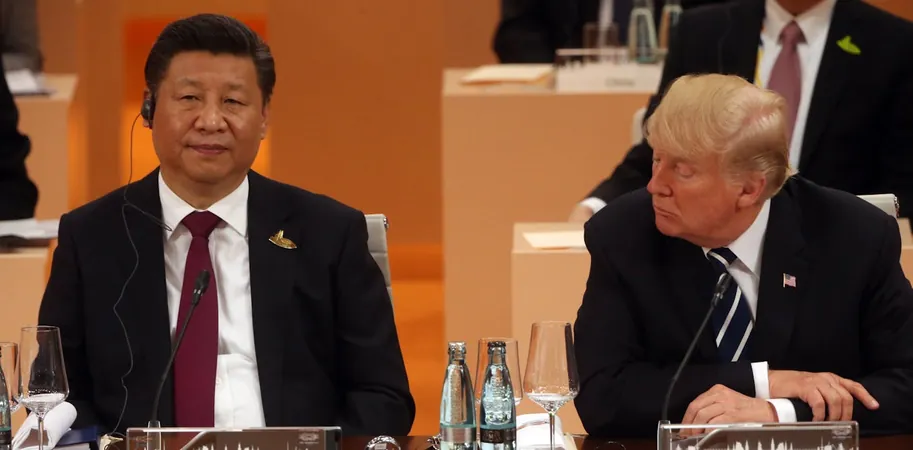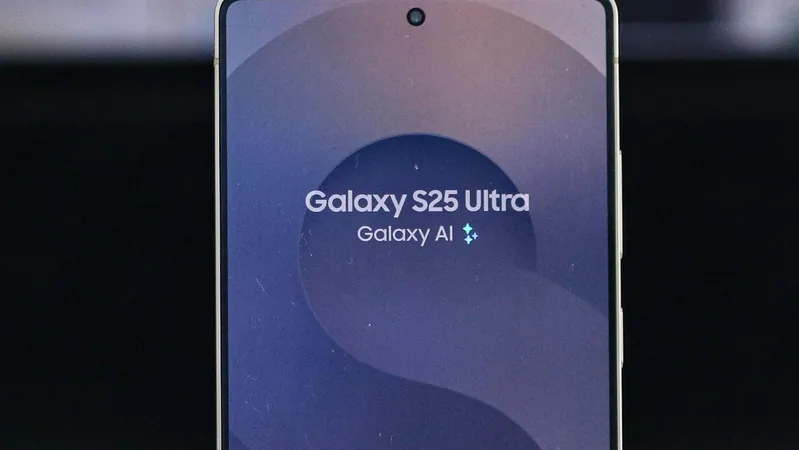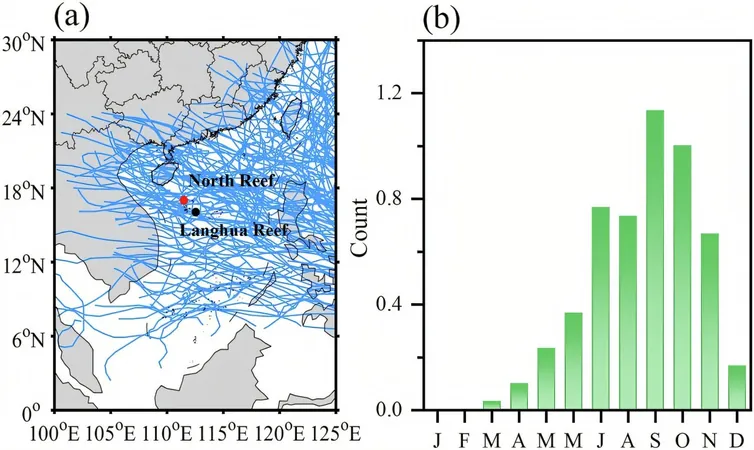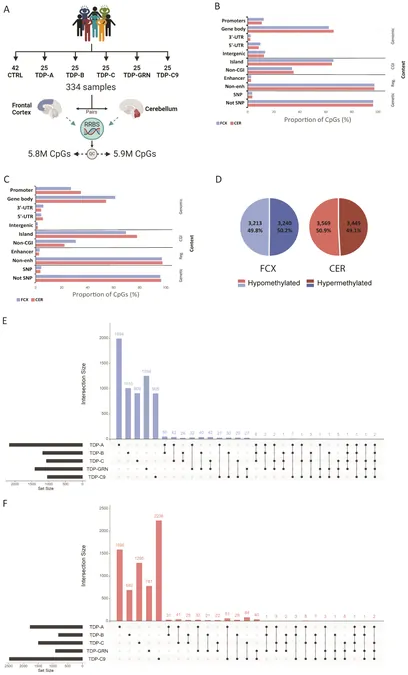
Trump–Xi Call: A Game Changer for China’s Tough Guy Image and Future Negotiations
2025-06-10
Author: William
Trump and Xi: A High-Stakes Phone Call
On June 5, President Donald Trump and Chinese President Xi Jinping spoke on the phone, marking their first direct discussion since Trump embarked on his second term and since tensions skyrocketed during the U.S.-China trade war that began in 2025.
Quick to proclaim victory, Trump described the call as a major success on social media, claiming it led to a "very positive conclusion for both countries." He later announced that Xi had agreed to restart exports of vital rare earth minerals and magnets to the U.S., alleviating fears of an immediate production crisis in the auto industry.
Subtle Power Dynamics at Play
Yet beneath the surface, the call revealed significant messages about the shifting balance of power in U.S.-China relations. Experts suggest that this conversation bolstered Xi's image as a strong leader both domestically and internationally, as he strategically uses Trump as a backdrop to enhance his own stature.
China’s Tactical Advantage with Rare Earths
The call comes against the backdrop of trade tensions, with China previously suspending rare earth shipments to key American firms in response to U.S. tariffs. Despite a temporary truce agreed upon in Geneva on May 12, deep-rooted issues like currency manipulation and export subsidies continue to loom large over negotiations.
China's agreement to lift its ban on rare earth exports is being scrutinized, especially since many believe that the U.S. has been slow to honor the Geneva accords. In contrast, China accuses the U.S. of violating the agreement first, citing new restrictions on technology exports and increased sanctions against Chinese companies.
Xi Holds the Upper Hand?
Before the pivotal call, Trump expressed on social media that while he respects Xi, he finds him "very tough and extremely hard to deal with." This conversation likely reinforced Xi's image not just in China, but globally, especially since the official Chinese statement suggested it was Trump who reached out.
The framing of their dialogue implied Xi's dominance in the conversation, suggesting that it was Trump who ultimately sought to negotiate under pressure, undermining his own position and boosting Xi's credibility.
The Diplomatic Rhetoric vs. Reality
Language used by both presidents during the call appears to personify Trump as the one needing China, as he affirmed the importance of the relationship, indicating a desire for China to thrive economically.
Despite the informal easing of tensions on both sides, significant disparities remain in their negotiation approaches. Trump's focus on rare earth supplies communicates how dependent the U.S. is on Chinese exports, a fact that Xi is unlikely to overlook.
A Fragile State Ahead
While the call might provide temporary relief and reduced anxieties over immediate issues like Taiwan and trade barriers, the fundamental differences between the two countries persist. With a history of stalled negotiations, future discussions are likely to encounter similar roadblocks.
Critically, Trump may find himself needing to reach out to Xi again, which could further reinforce Xi's image as the dominant player in U.S.-China relations. If talks break down, the resulting supply chain disruptions could have dire consequences for the U.S., prompting a wave of inflation and economic unease ahead of pivotal midterm elections.
In this high-stakes game of diplomacy, Xi now appears to have the upper hand, strategically holding an ace in his hand with China’s critical rare earth materials.









 Brasil (PT)
Brasil (PT)
 Canada (EN)
Canada (EN)
 Chile (ES)
Chile (ES)
 Česko (CS)
Česko (CS)
 대한민국 (KO)
대한민국 (KO)
 España (ES)
España (ES)
 France (FR)
France (FR)
 Hong Kong (EN)
Hong Kong (EN)
 Italia (IT)
Italia (IT)
 日本 (JA)
日本 (JA)
 Magyarország (HU)
Magyarország (HU)
 Norge (NO)
Norge (NO)
 Polska (PL)
Polska (PL)
 Schweiz (DE)
Schweiz (DE)
 Singapore (EN)
Singapore (EN)
 Sverige (SV)
Sverige (SV)
 Suomi (FI)
Suomi (FI)
 Türkiye (TR)
Türkiye (TR)
 الإمارات العربية المتحدة (AR)
الإمارات العربية المتحدة (AR)